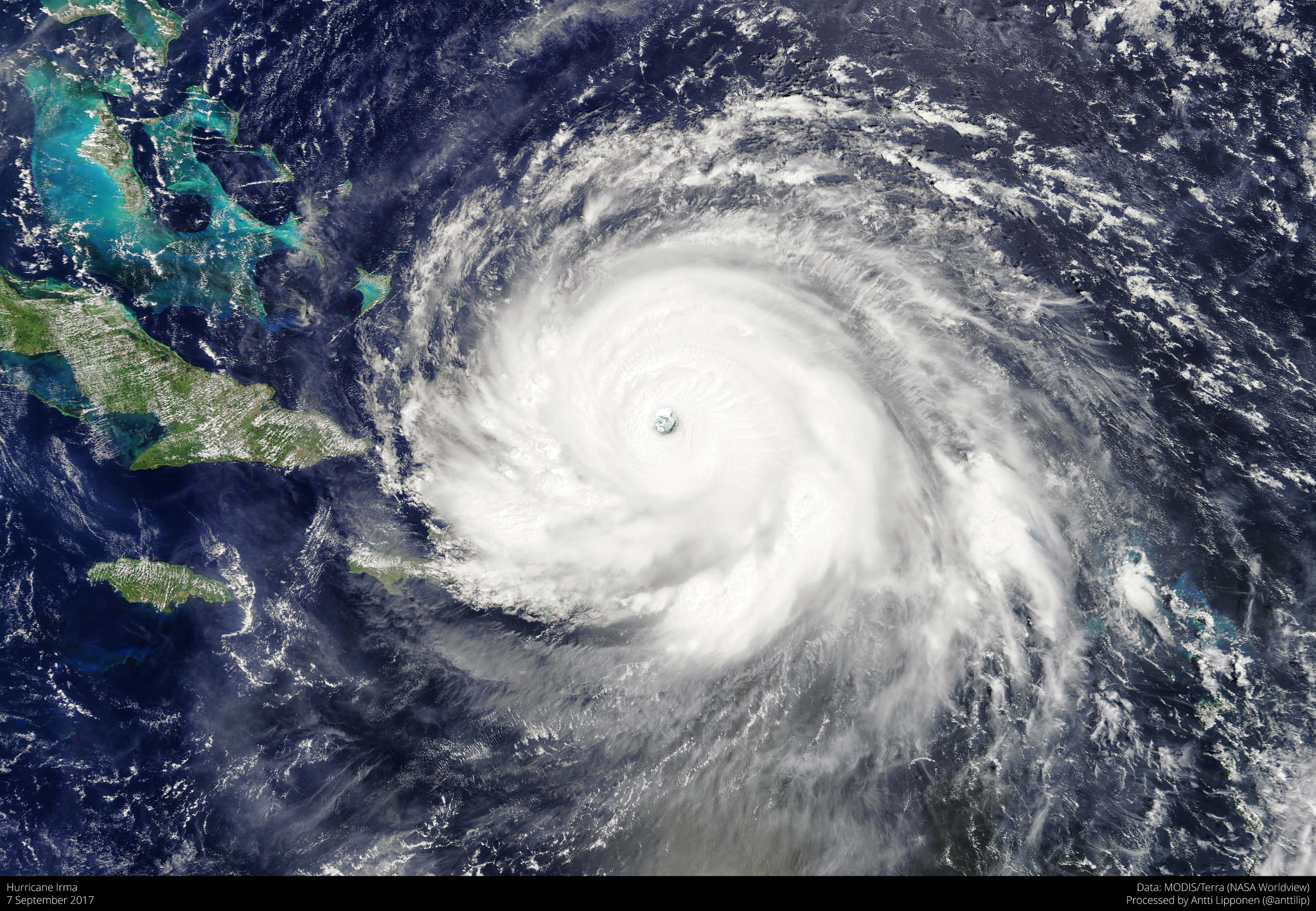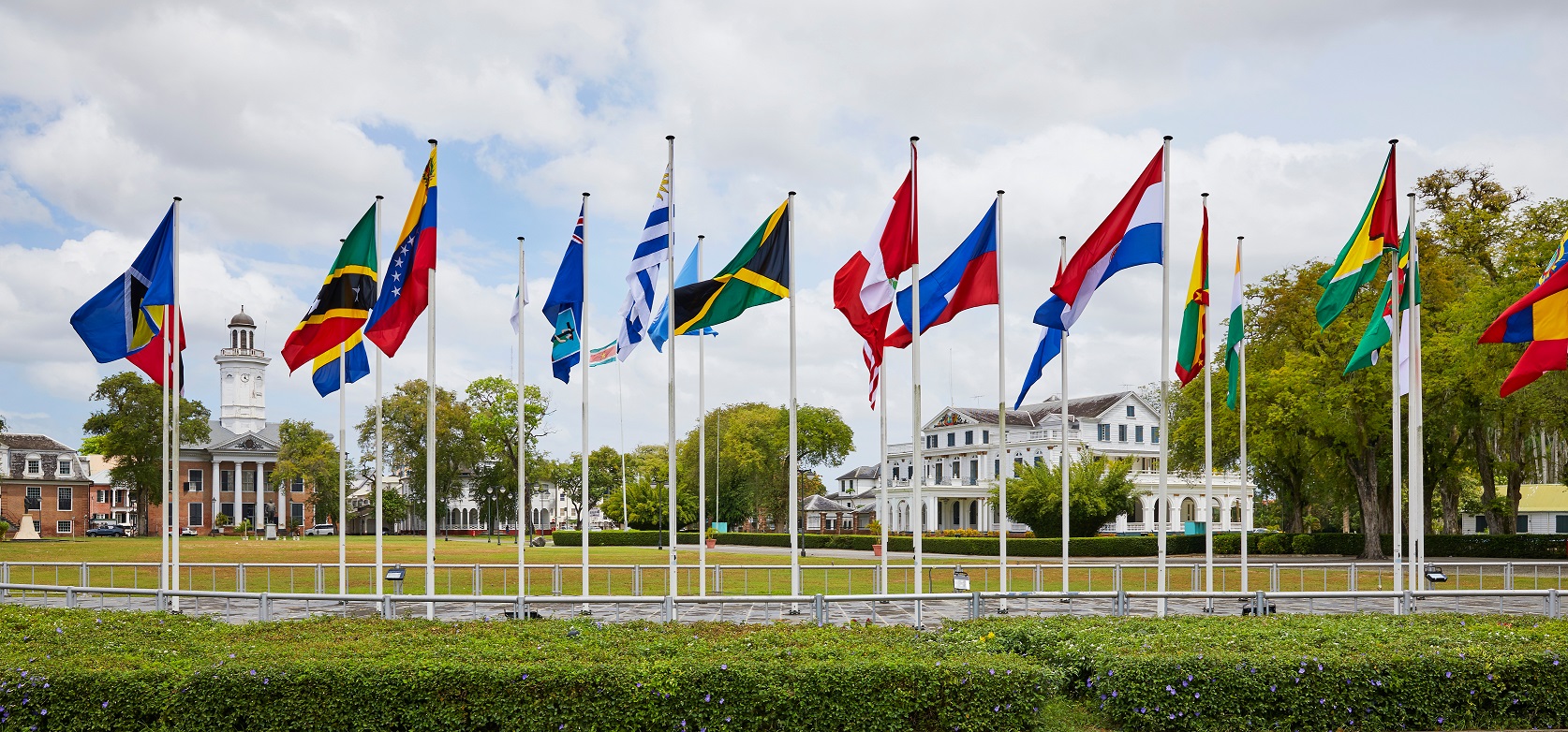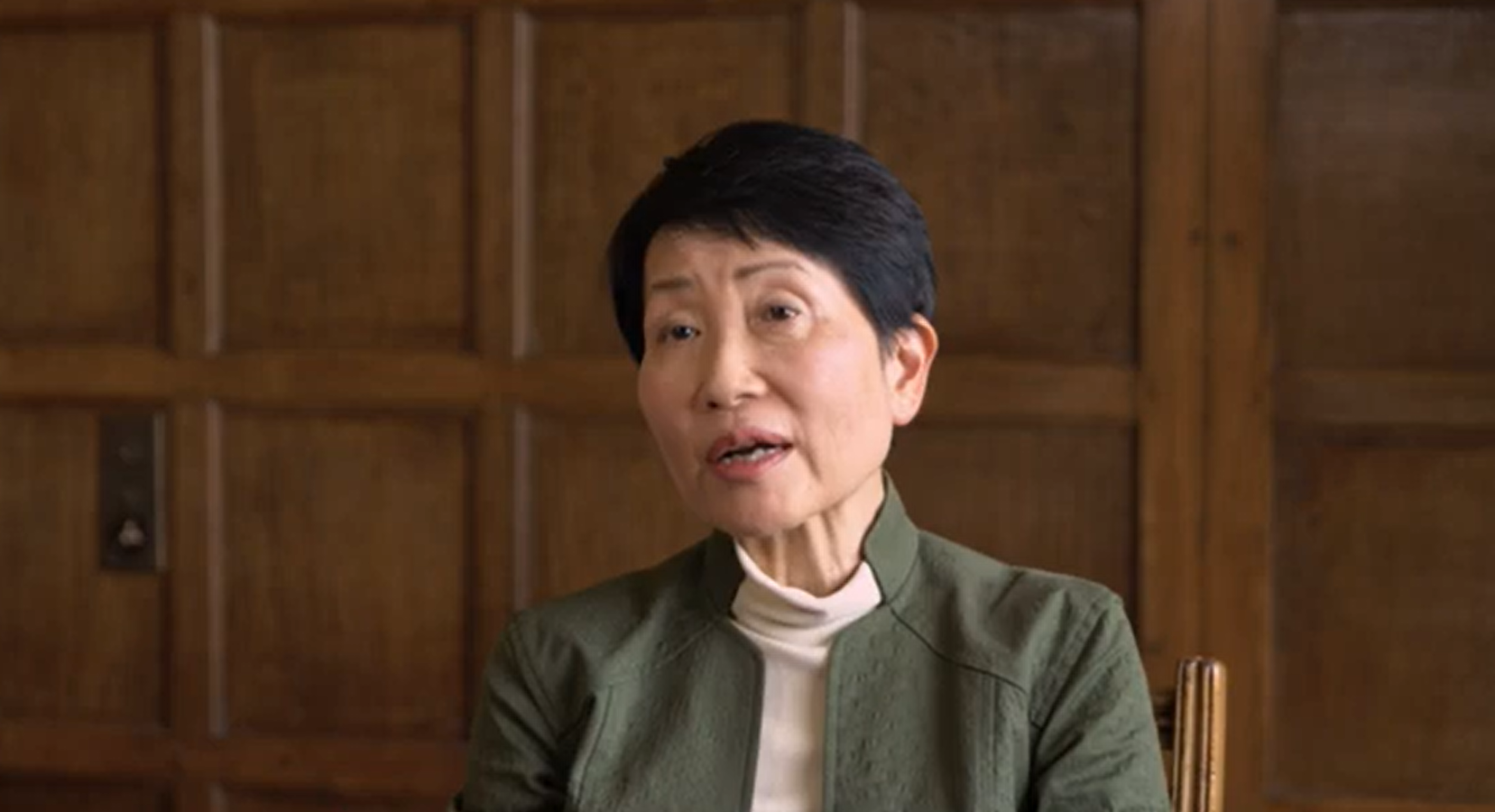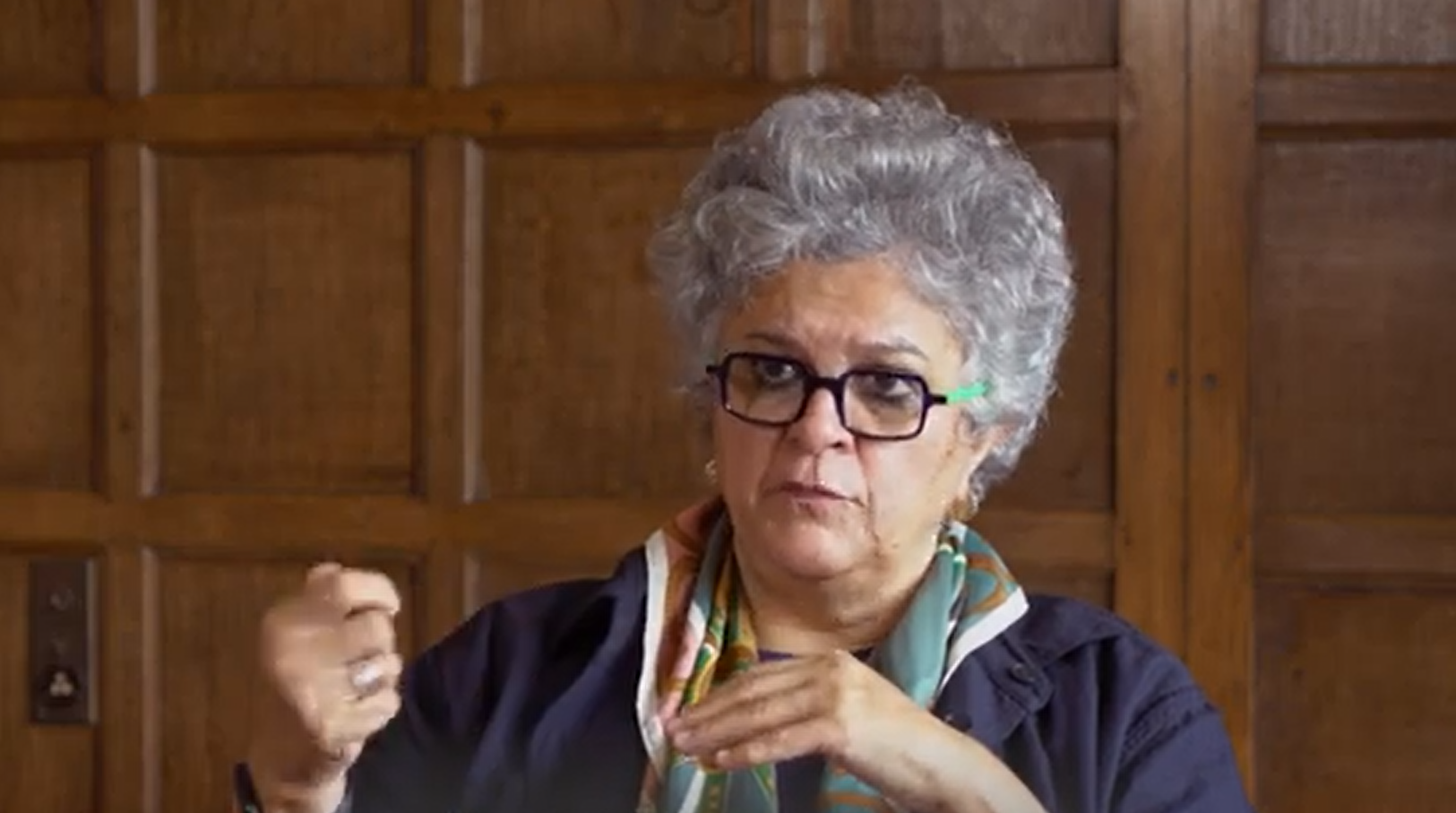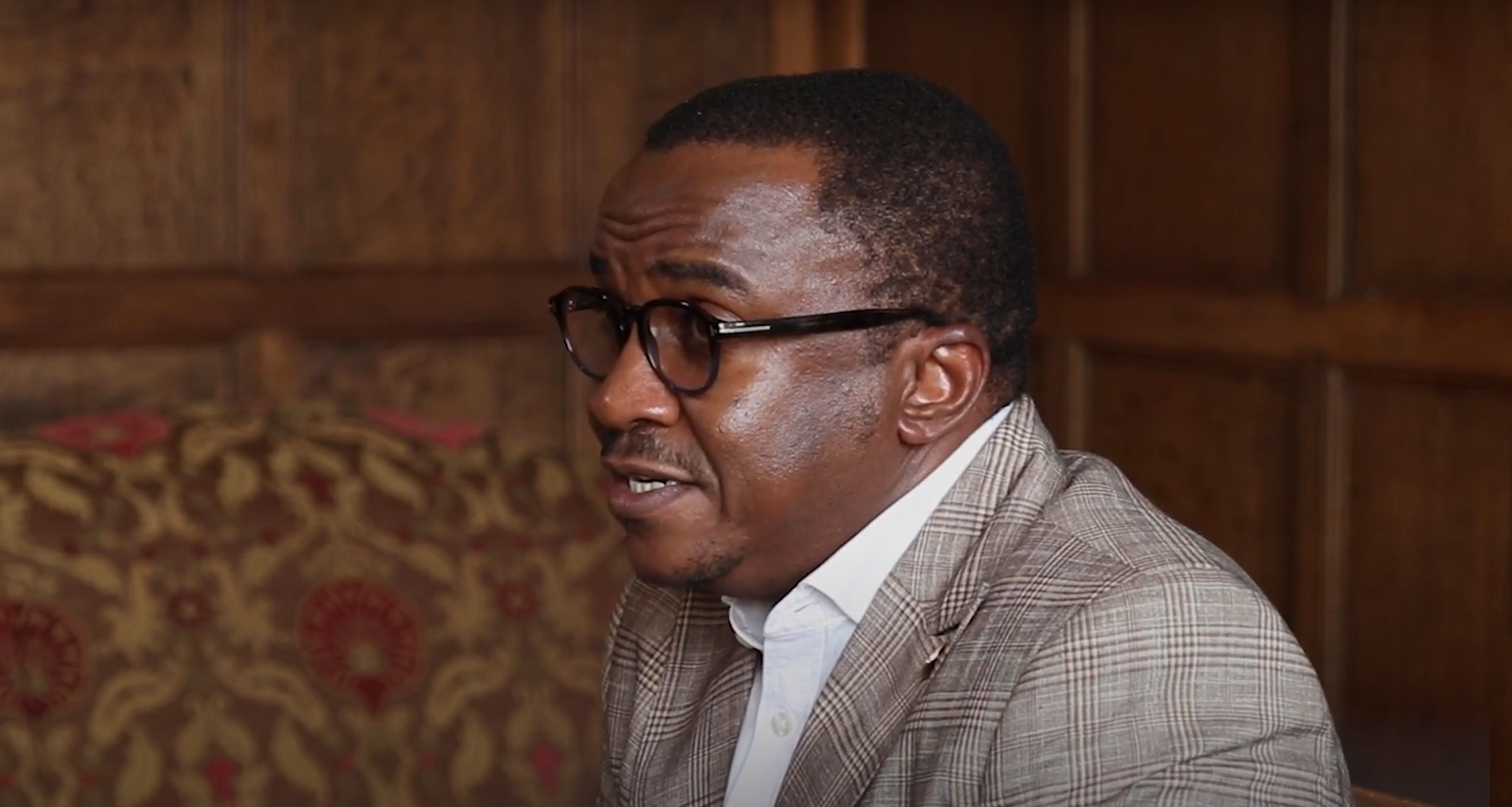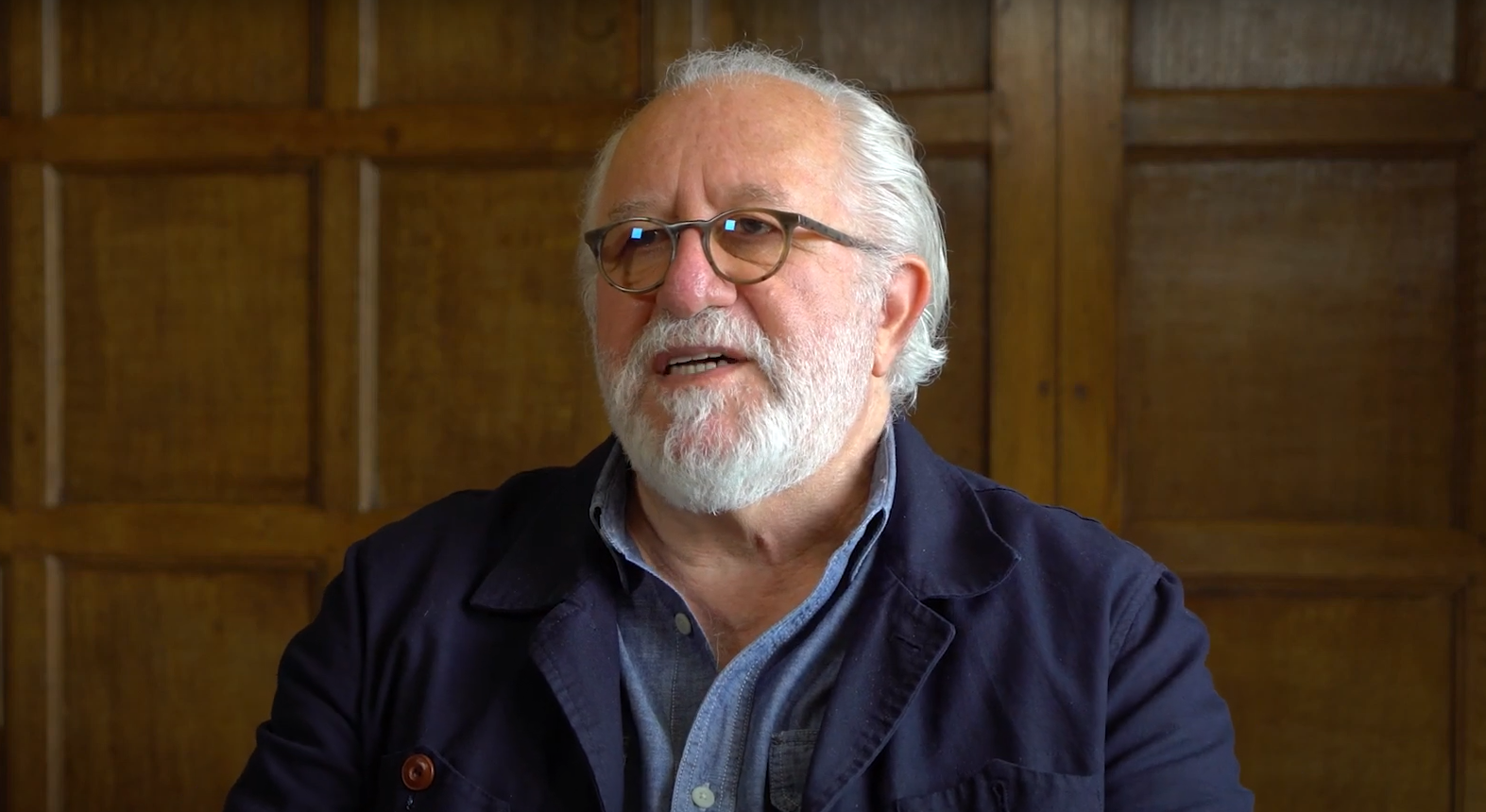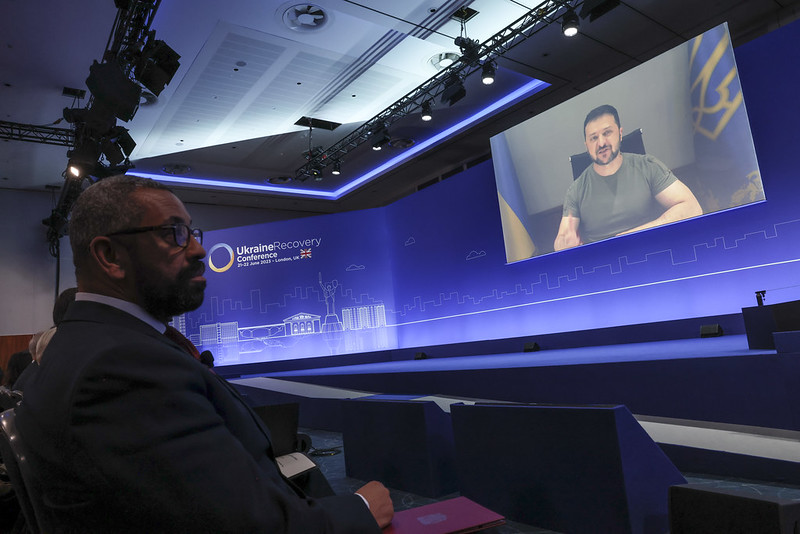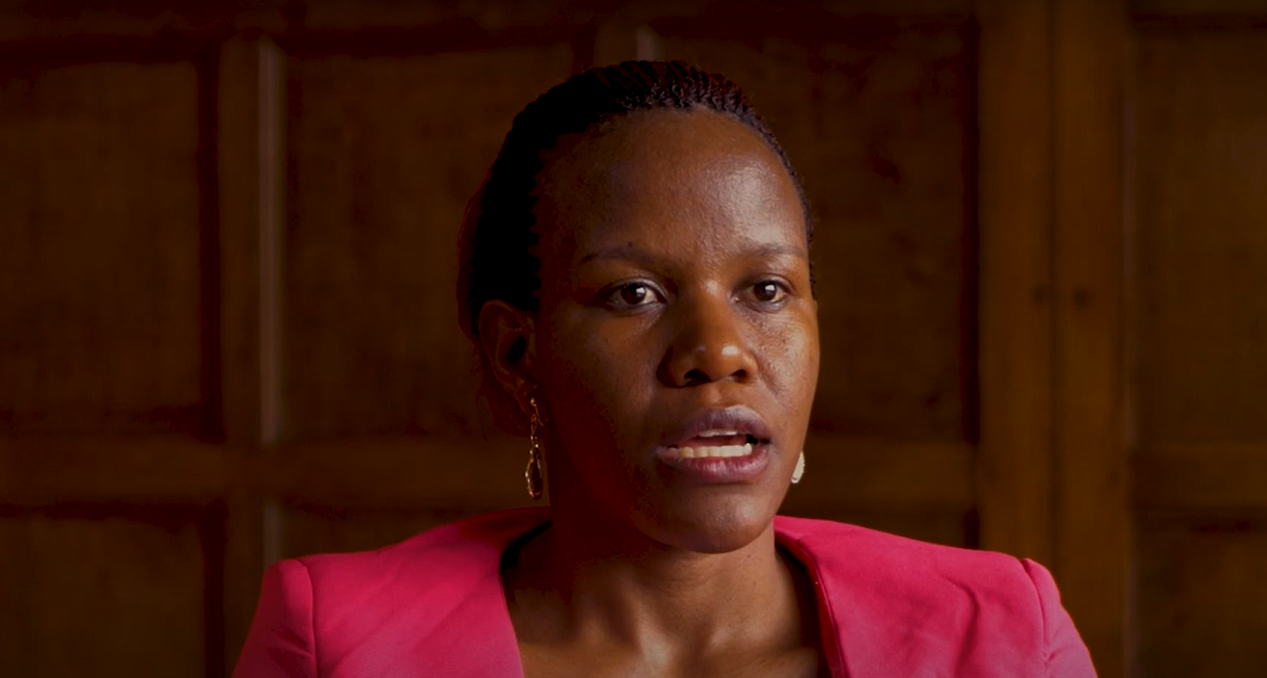The effective management of crises very often requires access to specialist scientific and technical advice. Recent crises such as the 2010 Icelandic Eyjafjallajökull volcano eruption, the 2011 Great East Japan earthquake, floods in central Europe in 2013, the West Africa Ebola outbreak and the Zika and microcephaly public health emergency have highlighted the special challenges associated with responding to events that have transnational impacts: the need to understand the scientific basis of decisions made by different countries and the need to improve the sharing of data and information.
The OECD project is focused on the exchange of data and information and coordination of advice between national advisory systems and processes in major acute crisis situations.
The workshop explored a number of case studies of major international crises and participants discussed and analysed these in relation to the following questions:
- What are the major challenges for sharing information internationally when responding to transnational crises? How can we address these challenges?
- What mechanisms are appropriate for ensuring provision of scientific and technical advice to governments during transnational crises?
- How can we ensure that science advice is based on good quality, up-to-date information?
The main focus was on the ‘sense making’ or situational analysis phase immediately before and after a crisis occurs when decisions have to be made rapidly in a complex and changing environment.
